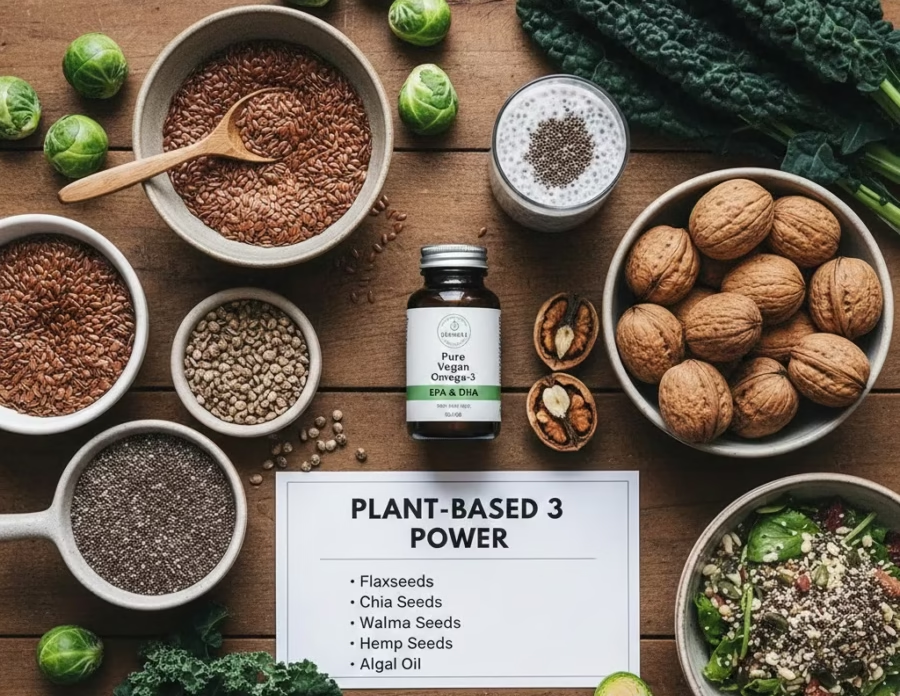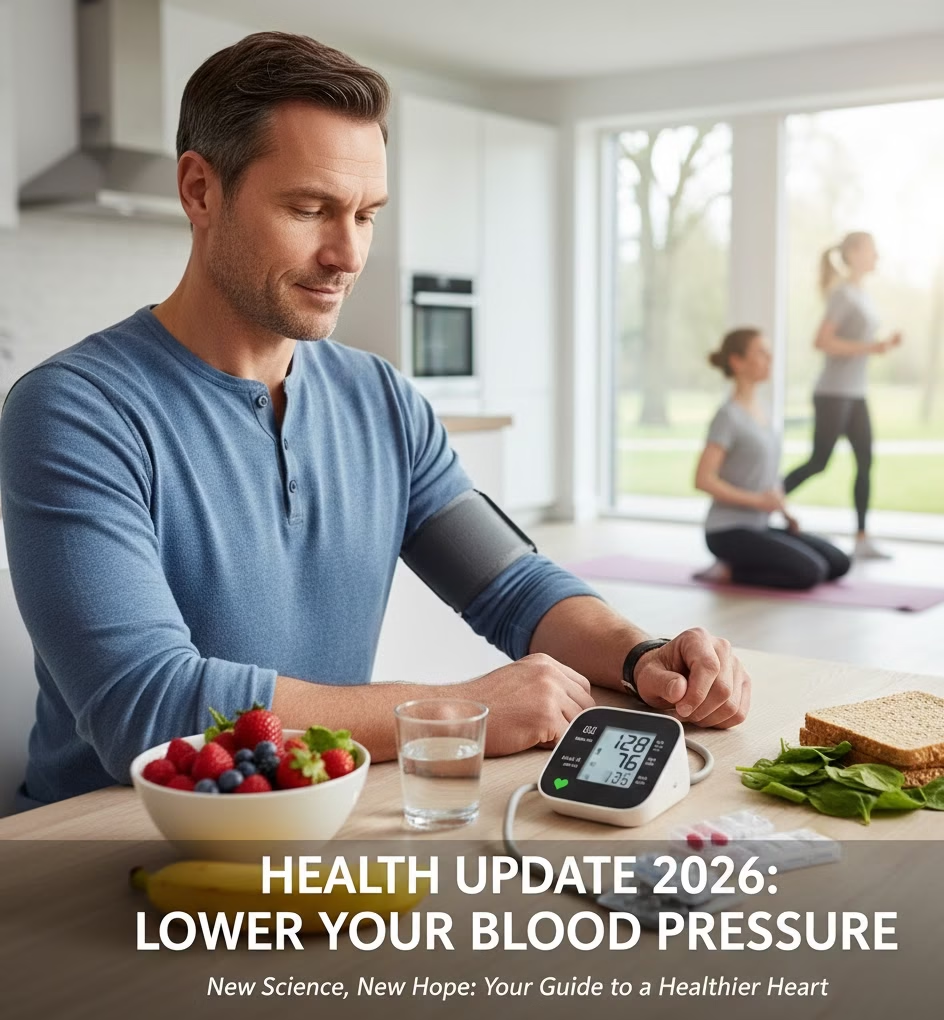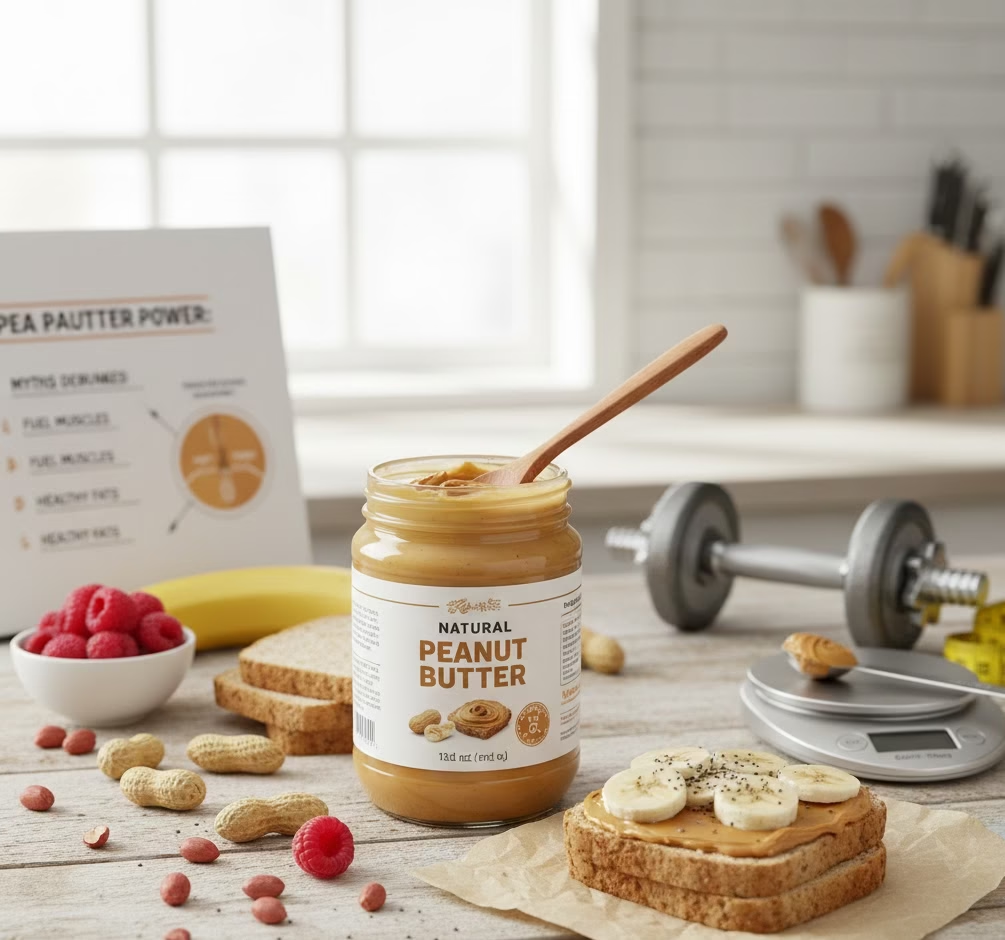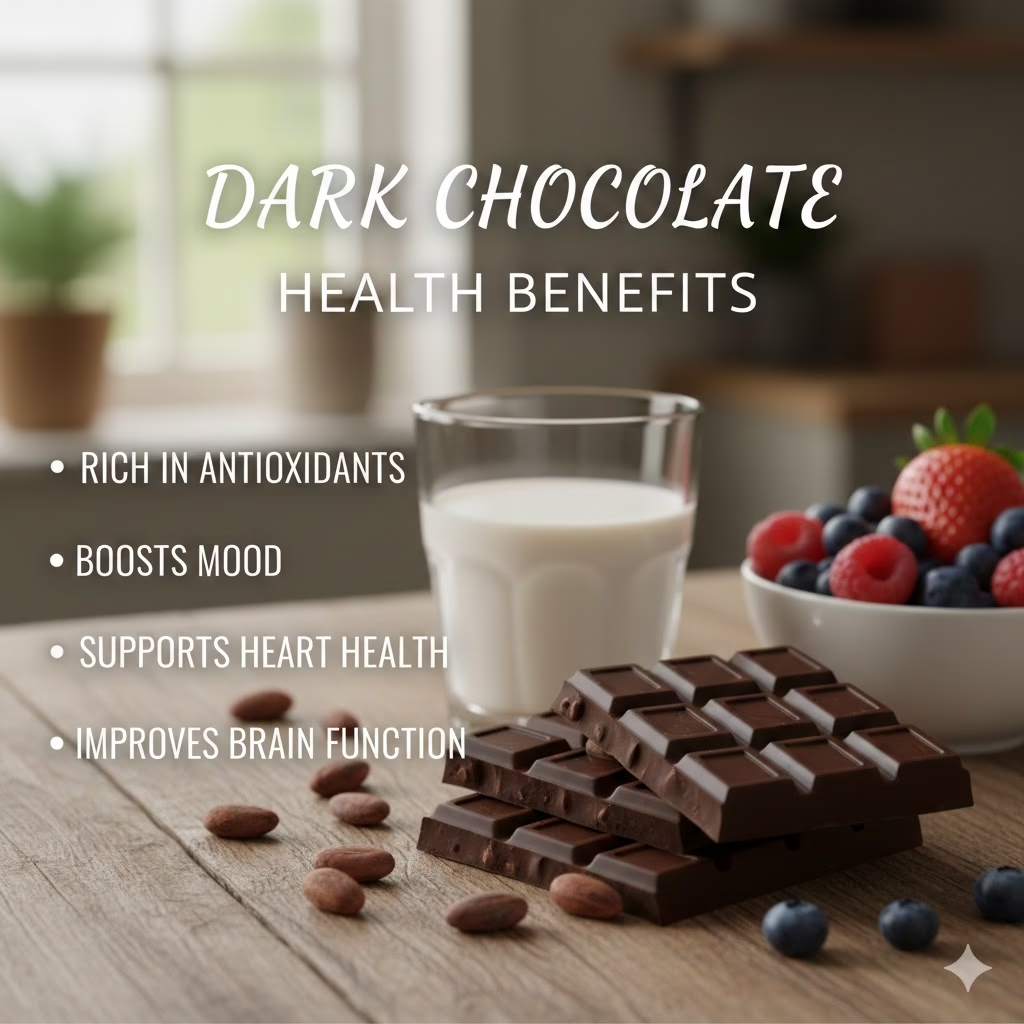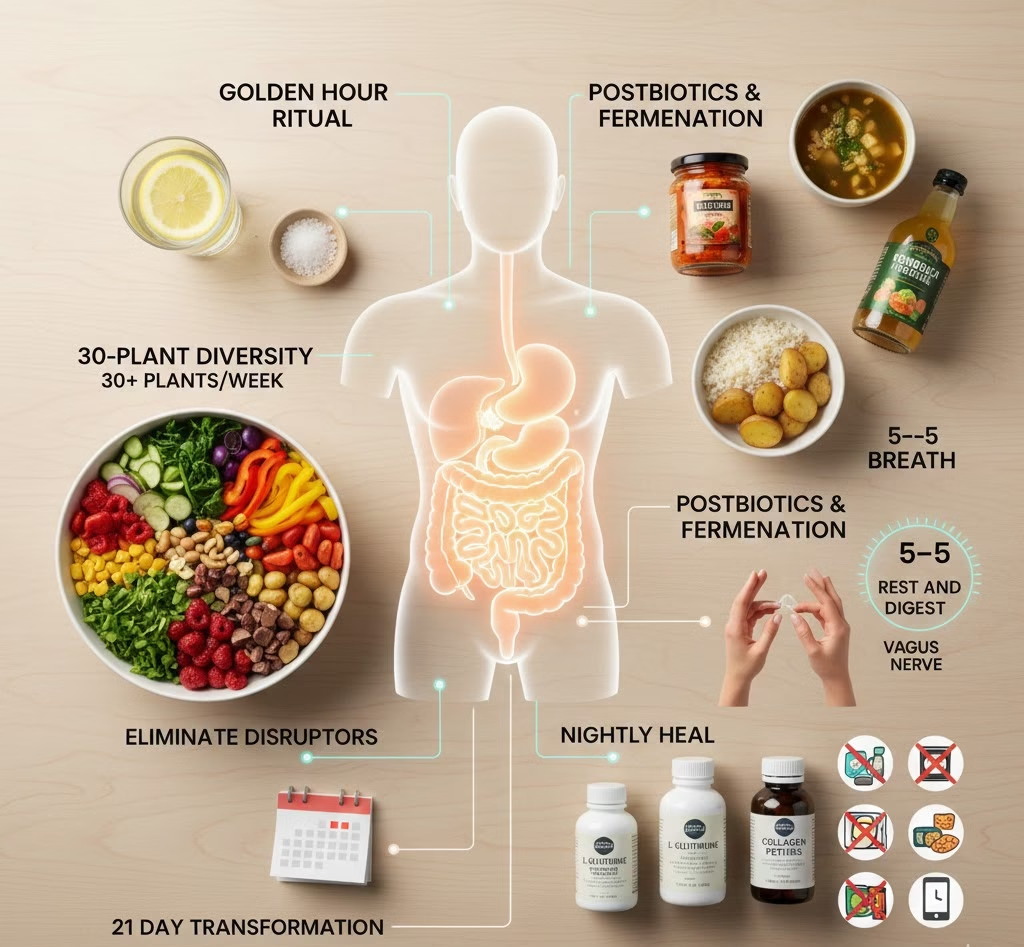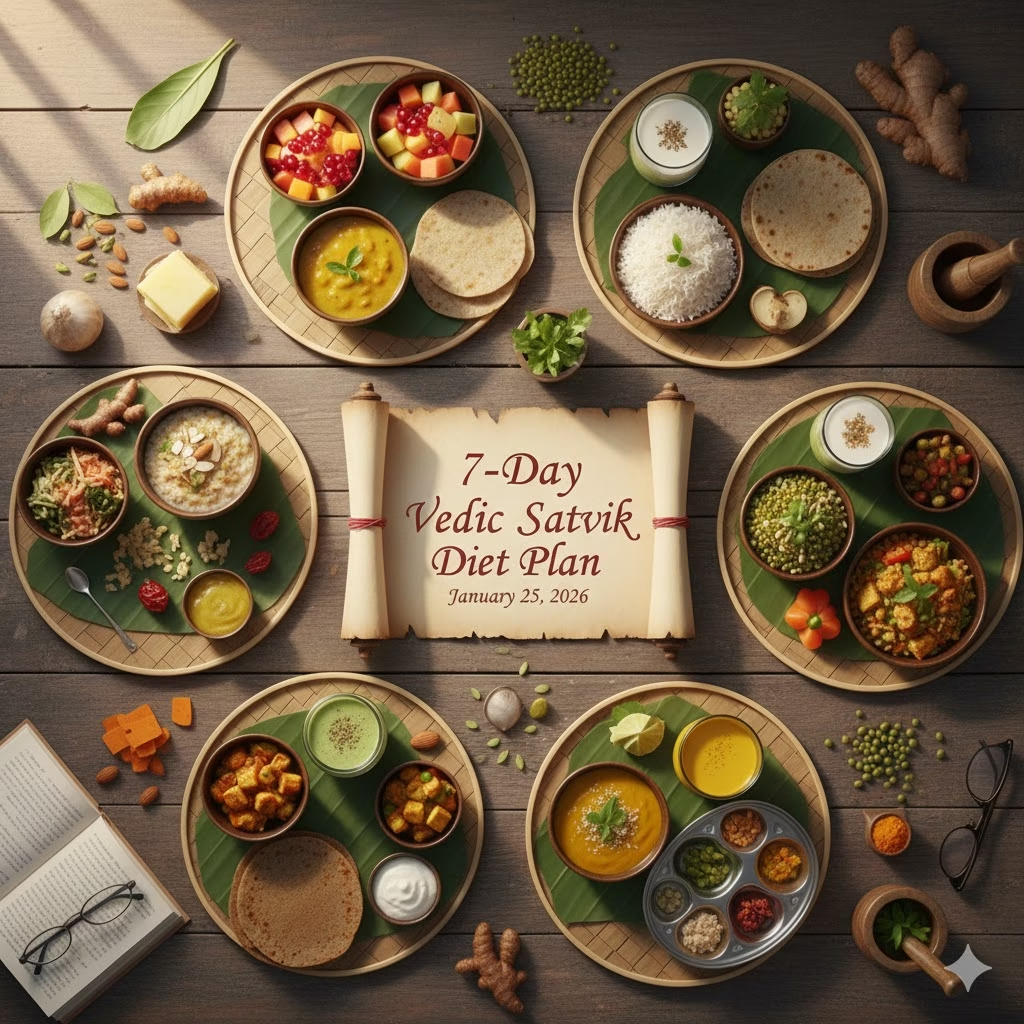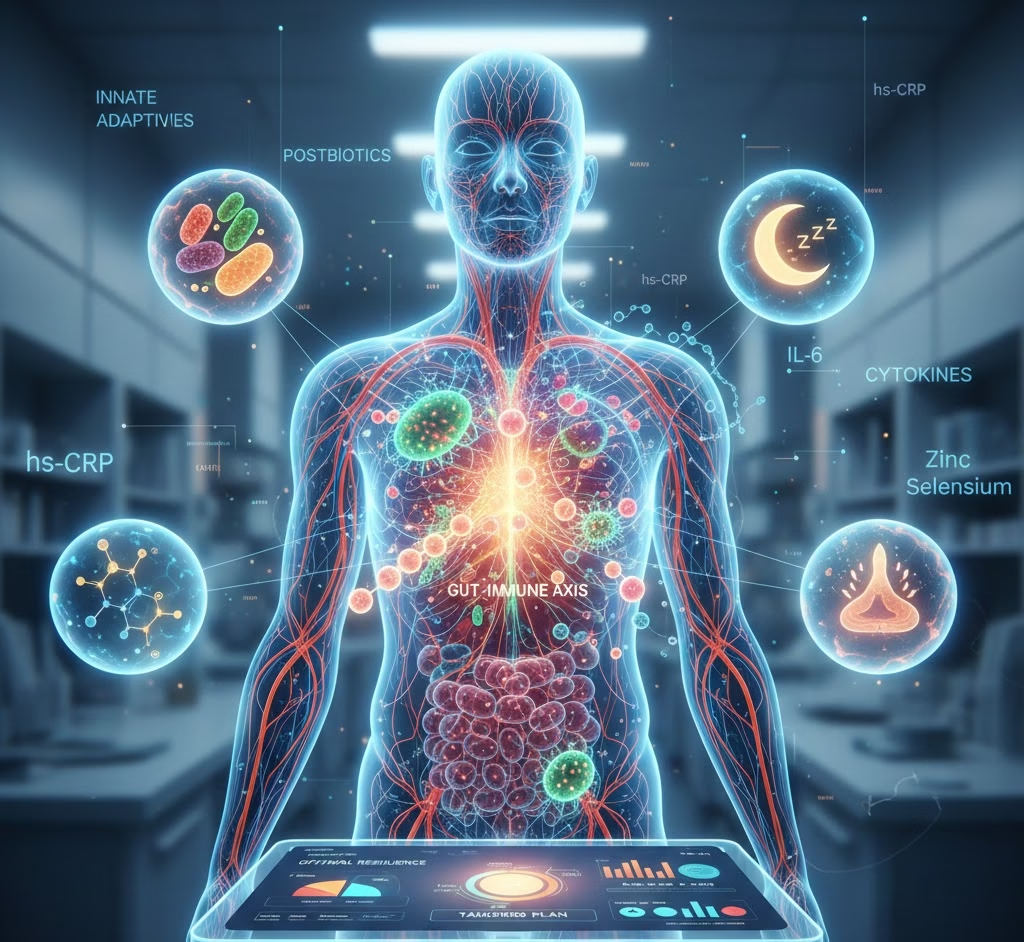
Libido isn’t just intimacy, it’s about person to person connection, energy, confidence, and overall well-being. It’s okay for your intimacy drive to change with age, stress, changes in health, or lifestyle. But low libido doesn’t necessarily means to reduced experience and capability. Whether you want to reenjoy the intimacy or simply feel like yourself again, these evidence-based tips can help you to improve your desire and enhance an enriching intimacy life, at any age. Lets know about how to boost your libido with natural ways.

1. Know and Manage Hormonal Shifts
Hormones take the lead in controlling libido. For men, testosterone naturally decreases with age, usually beginning after age of 40, so that can account for decreased desire or altered intimate performance. For women, estrogen and testosterone decrease more precipitously during menopause, frequently resulting in vaginal dryness, pain, and a decline in interest. If you think that hormones are affecting your libido, see your doctor. Men might consider testosterone therapy if the symptoms are severe. Women might be helped by low-dose vaginal estrogen, DHEA, or off-label topical testosterone, depending upon their health and needs.

2. Check Medications and Control Chronic Conditions
Some drugs, particularly antidepressants (SSRIs), blood pressure medications, antipsychotics, and opioids, can interfere with desire. Long-term conditions such as diabetes, cardiovascular disease, and arthritis can also affect libido by influencing energy levels, blood flow, and mood. If you find that your intimacy drive changes when you begin a drug or with a health condition, don’t be afraid to mention it to your doctor. There can be alternatives or treatments.

3. Prioritize Mental Health and Manage Stress
Emotional and mental health are closely interconnected with intimate desire. Anxiety, depression, unresolved trauma, or chronic relationship tension can all suspend libido. Excessive stress raises cortisol levels, a hormone that inhibits intimacy hormone production. Therapy, particularly cognitive-behavioral therapy (CBT), mindfulness exercises, or stress-reducing activities like yoga, journaling, or walks outside, can decrease emotional blocks and revive desire in the long run.

4. Exercise for Energy and Desire
Daily exercise enhances circulation, boosts mood, relieves stress, and helps regulate hormones, all good for libido. Studies demonstrate that regular moderate exercise enhances intimacy function and satisfaction in people. Use a balanced routine that involves cardio, strength training, and flexibility. Steer clear of overtraining to excess, particularly in men, which can have the opposite effect.

5. Eat to Support Hormones and Circulation
What you’re eating is important for your intimate life experience. Diets that include lots of fruits, vegetables, lean proteins, whole grains, and healthy fats, the Mediterranean diet is a good example, support cardiovascular health and hormonal balance. Certain foods can give you a little extra something: oysters (zinc), avocados (healthy fat), berries (antioxidants), and spinach (blood flow increase) are commonly associated with better libido. Reducing booze, processed foods, and added sugars can also make a difference.

6. Obtain Sufficient Quality Sleep
Sleep and intimate desire are more linked than most people think. Sleep deprivation decreases energy, mood, and hormone secretion, especially testosterone. Practice good sleep habits: maintain regular sleep routines, reduce screen time before bedtime, and establish a calming sleep environment. If sleep disturbances continue, discuss with a provider to eliminate sleep disorders such as apnea or insomnia.

7. Foster Emotional and Physical Intimacy
Shared emotional closeness can revive physical lust. Small, regular intimacies, such as hand-holding, cuddling, praising one another, or tech-free quality time together, can revive intimacy and strengthen connection. If differing intimacy drives are causing stress, open, non-judgmental conversation is the way to go. Think about trying novel types of intimacy together, like sensual massage or experiential explorations that foster trust and arousal.

8. Think About Medical and Therapeutic Support
A few patients are helped by specific treatments. For females, medication such as Addyi (a daily tablet) or Vyleesi (a self-administered injection taken before intimacy) might enhance libido. Postmenopausal women usually improve with vaginal estrogen or DHEA for dryness and pain. For men, low testosterone or erectile dysfunction can be treated with medication, injections, or hormone therapy. Always seek the advice of doctor before taking any such intimacy enhancement medicine by considering its possible risks and benefits.

9. Accept the Evolution of Desire With Age
Libido doesn’t fade with age, it evolves. For many, intimacy becomes more about sharing pleasure, creativity, and closeness and less about performance. A positive attitude, exploration, and being willing to adjust (such as using lubricants or exploring novel activities) may increase the pleasure. Release past expectations, and attune to what’s right for you and your partner in this present moment, not what’s been right in the past.

10. Seek Help When Needed
If low libido is affecting your quality of life or creating strain in your relationship, you’re not alone, and help is available. A conversation with a trusted healthcare service provider, therapist, or certified doctor (such as a menopause specialist or urologist) can be the first step toward solutions. Sometimes, addressing libido is as much about emotional safety and open dialogue as it is about hormones or habits.

Desire is a normal, personal, and constantly shifting aspect of life. Having a low intimacy drive doesn’t indicate something is wrong with you, its just refers to your body or mind might be needing more attention, care, or connection. You can become intimate with yourself and your relationships again and maintain them as vibrant and engaging as ever with the proper support and strategies and learn about how to boost your libido and enjoy the intimacy experiences and improve couple life experiences.




